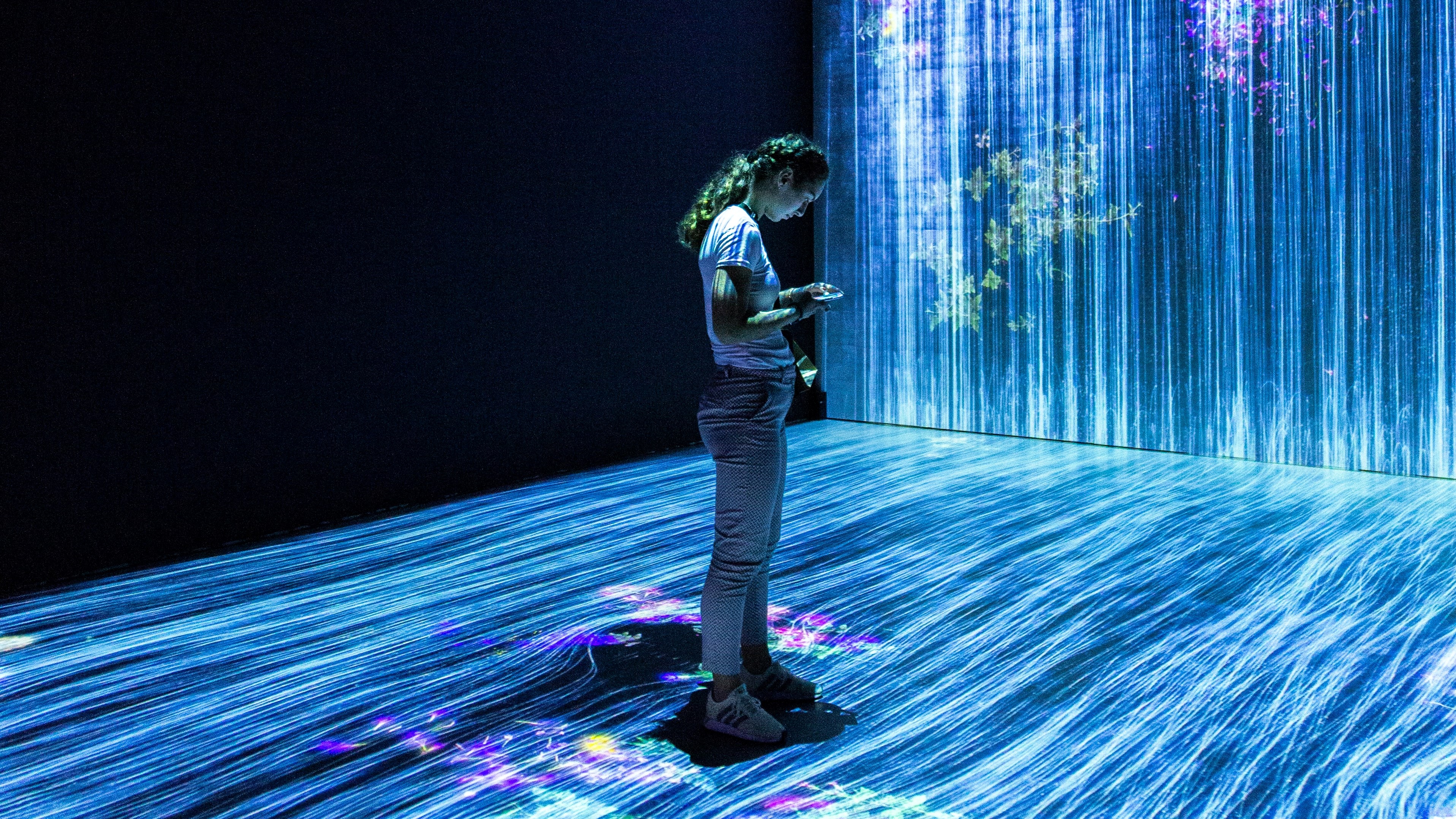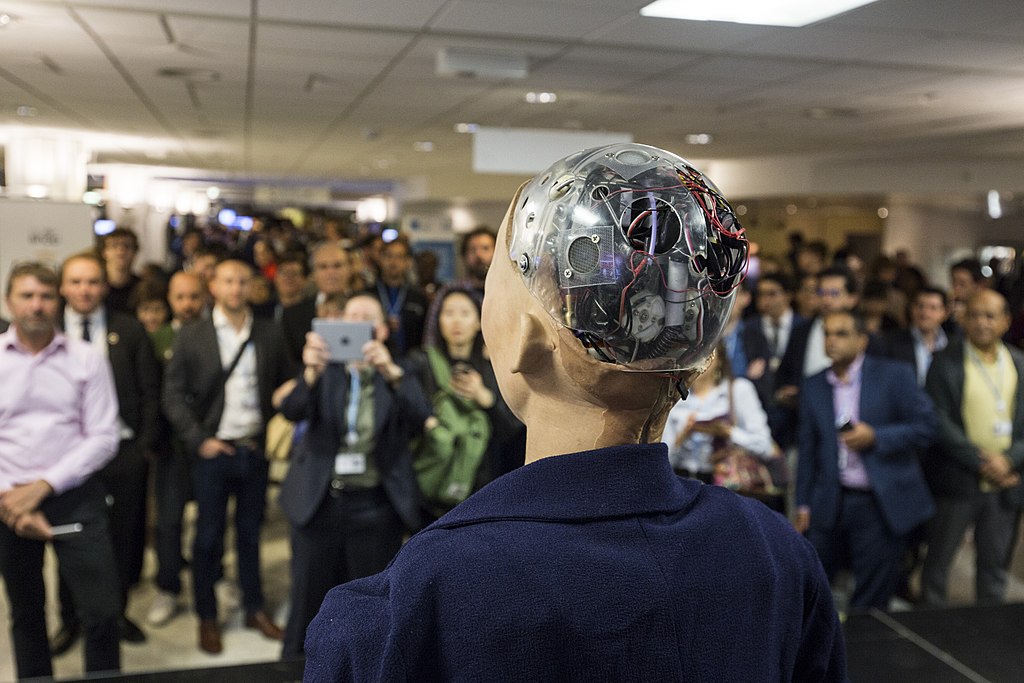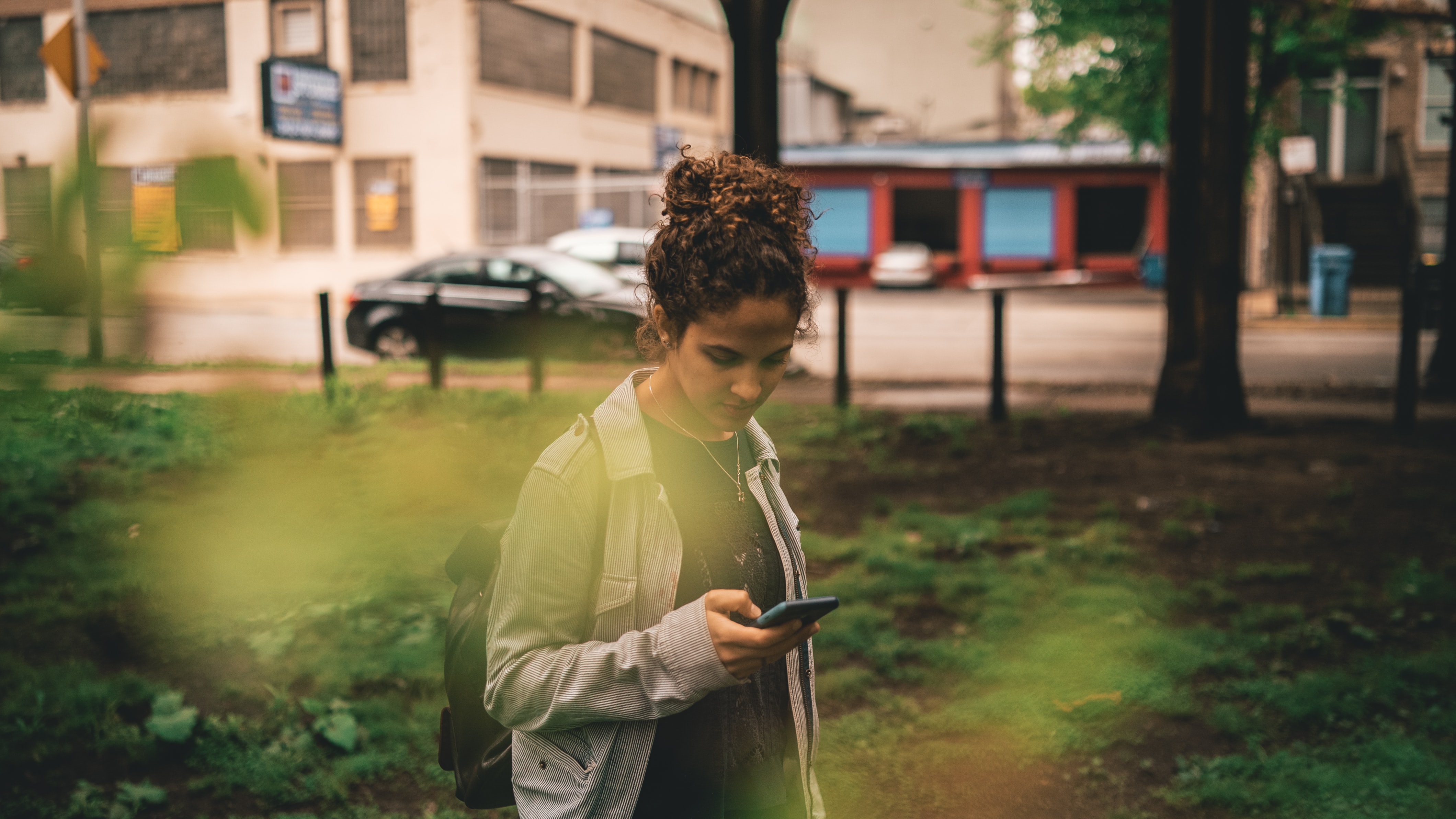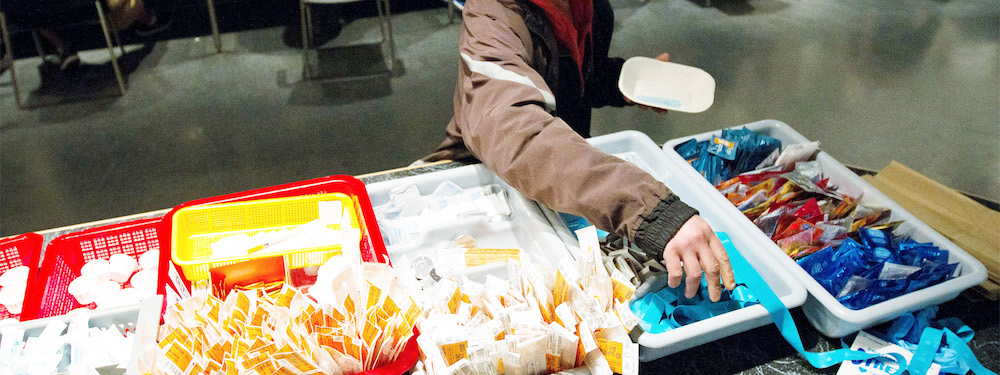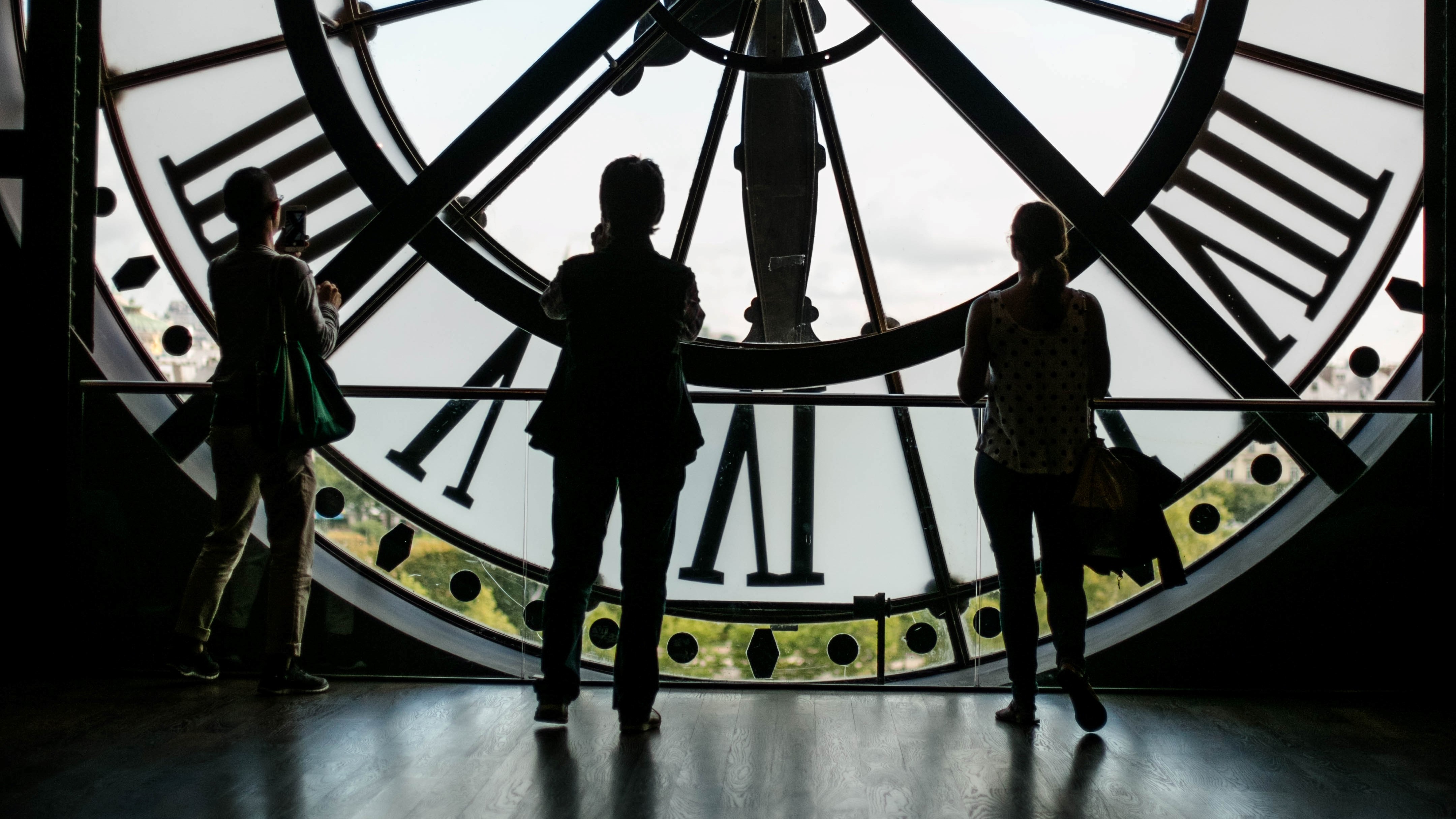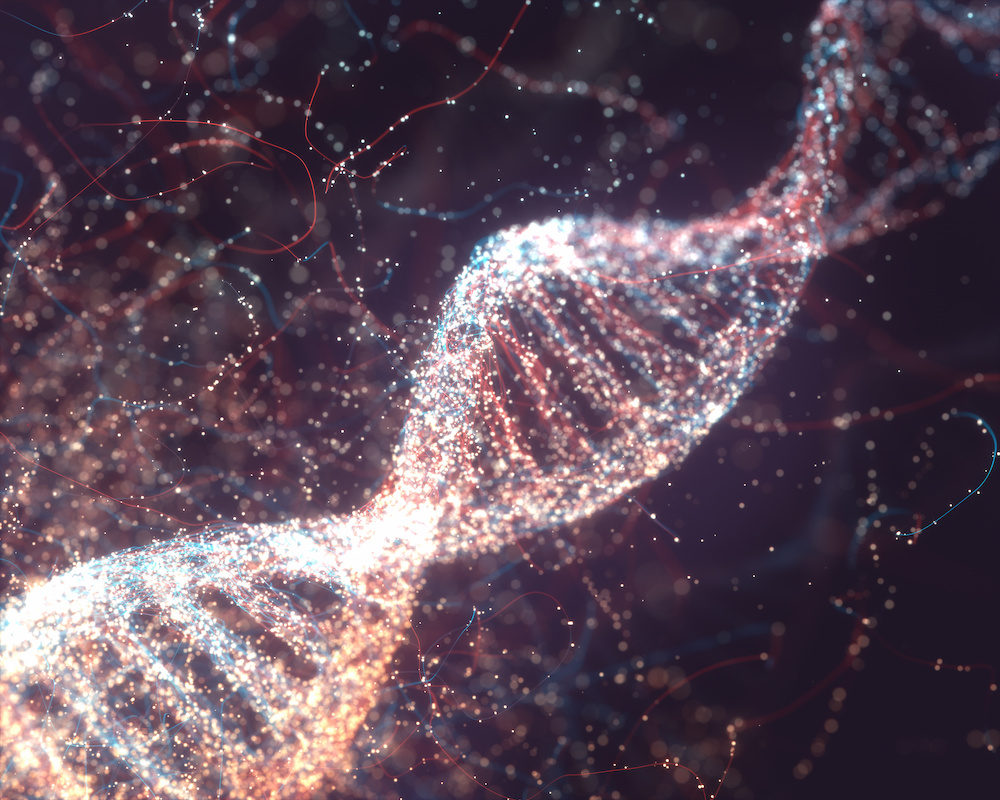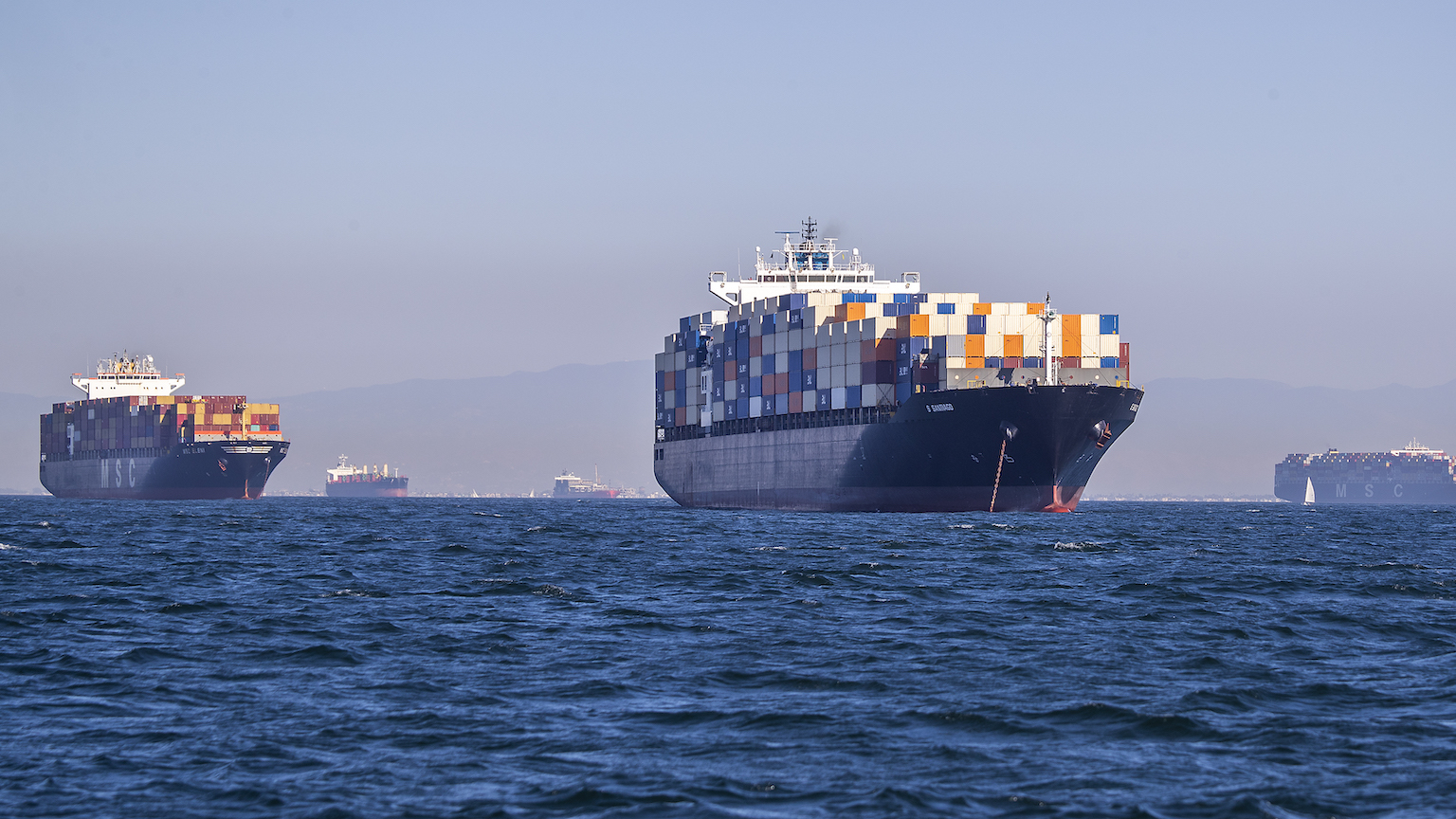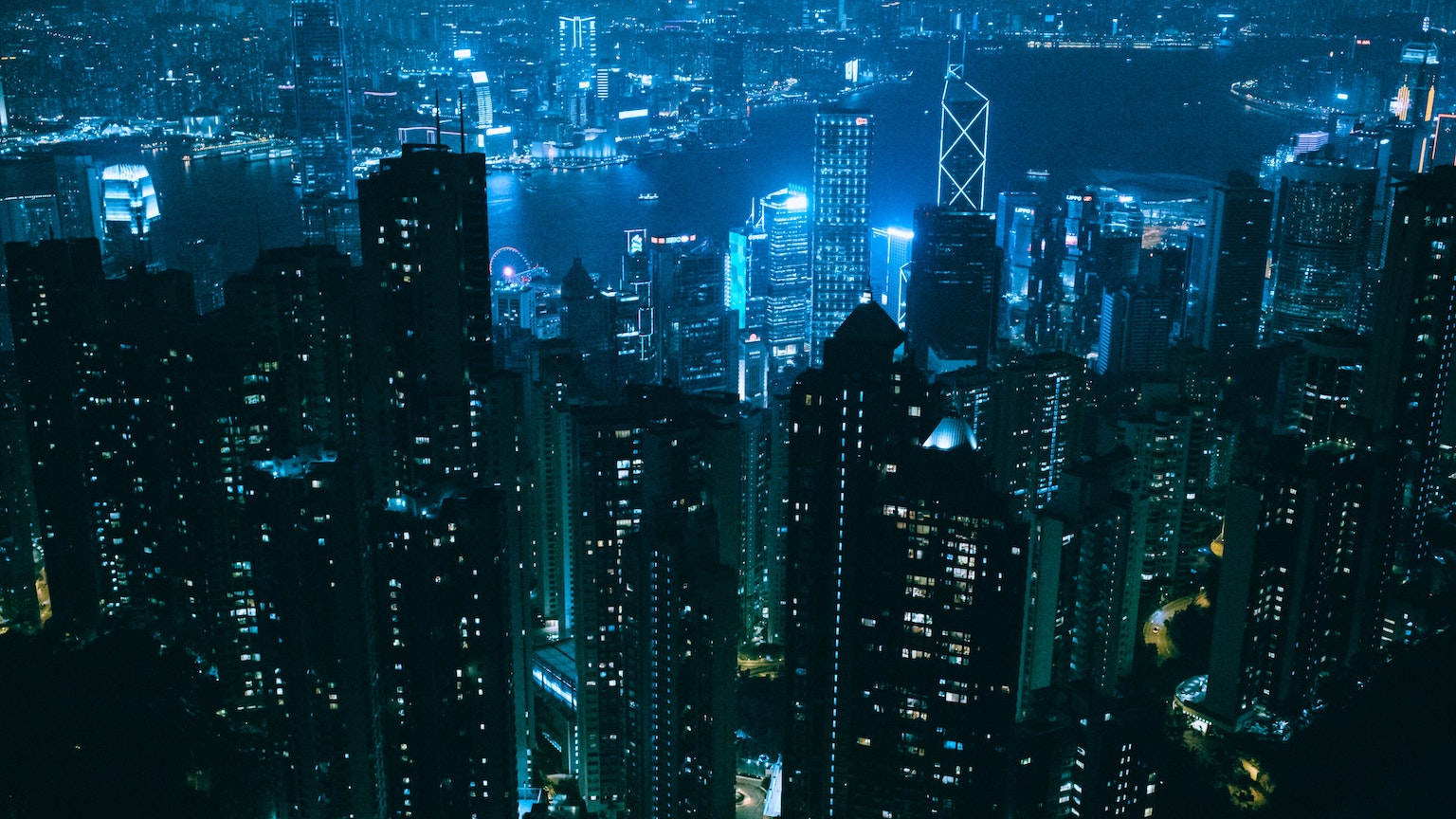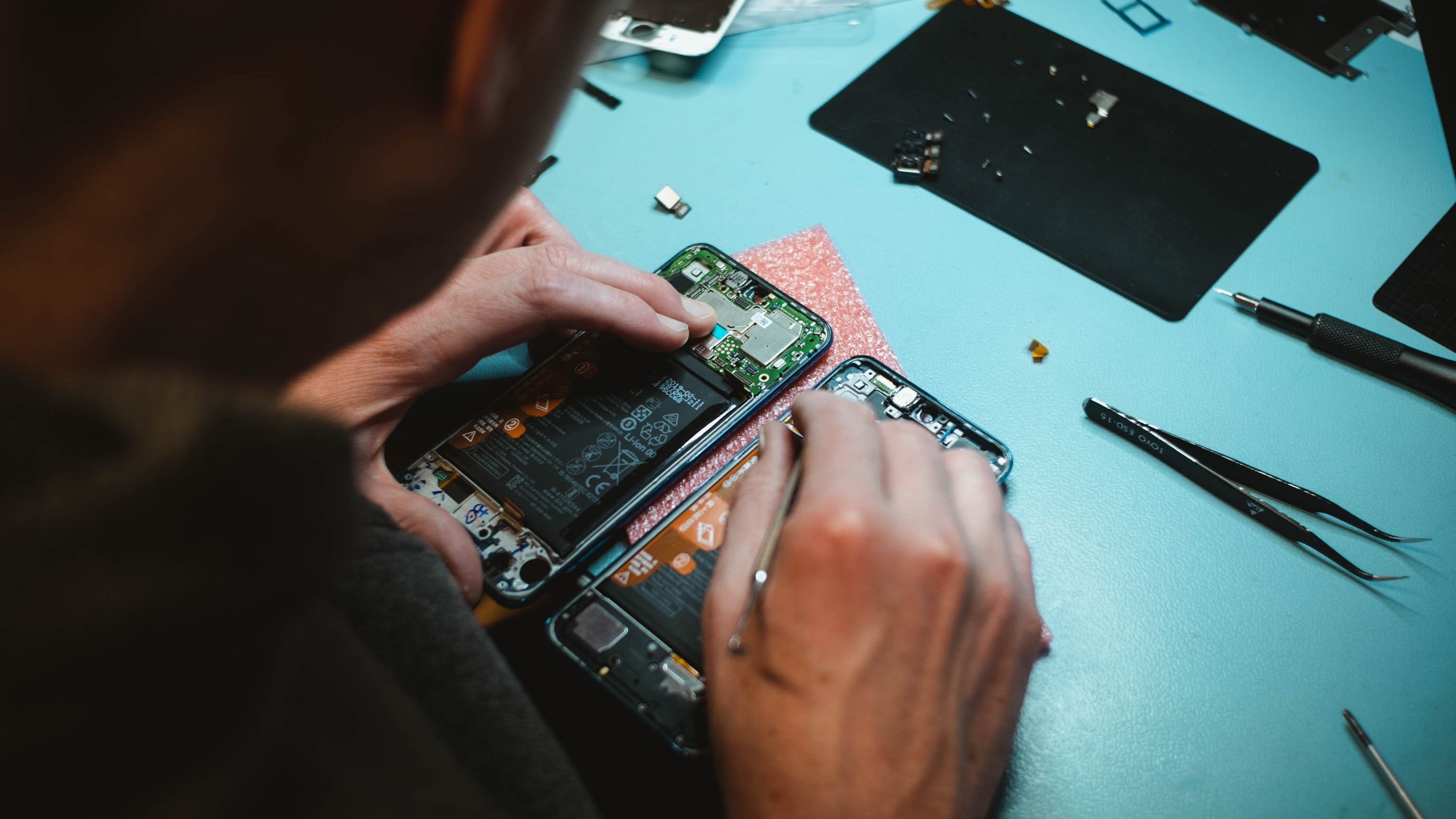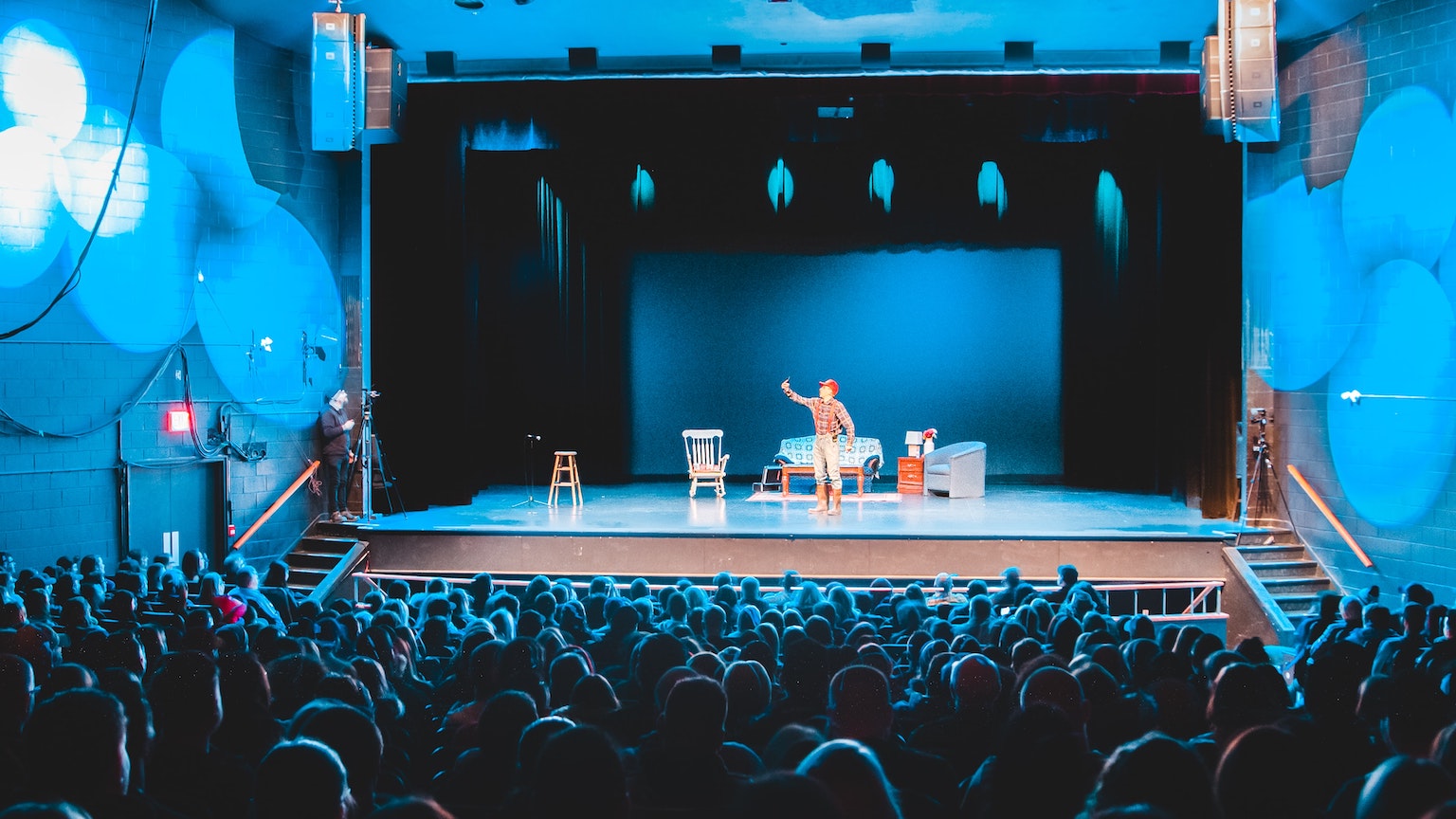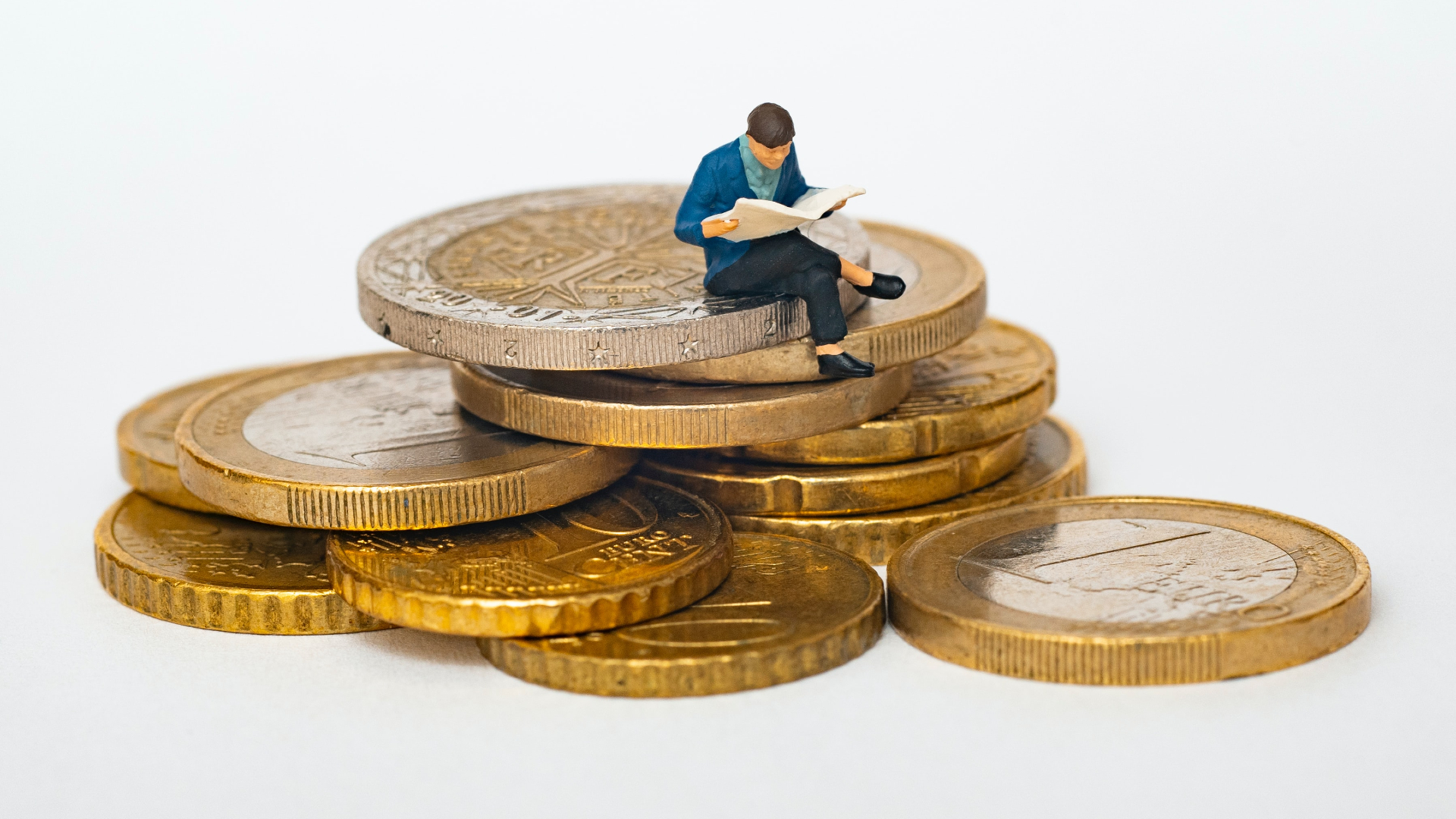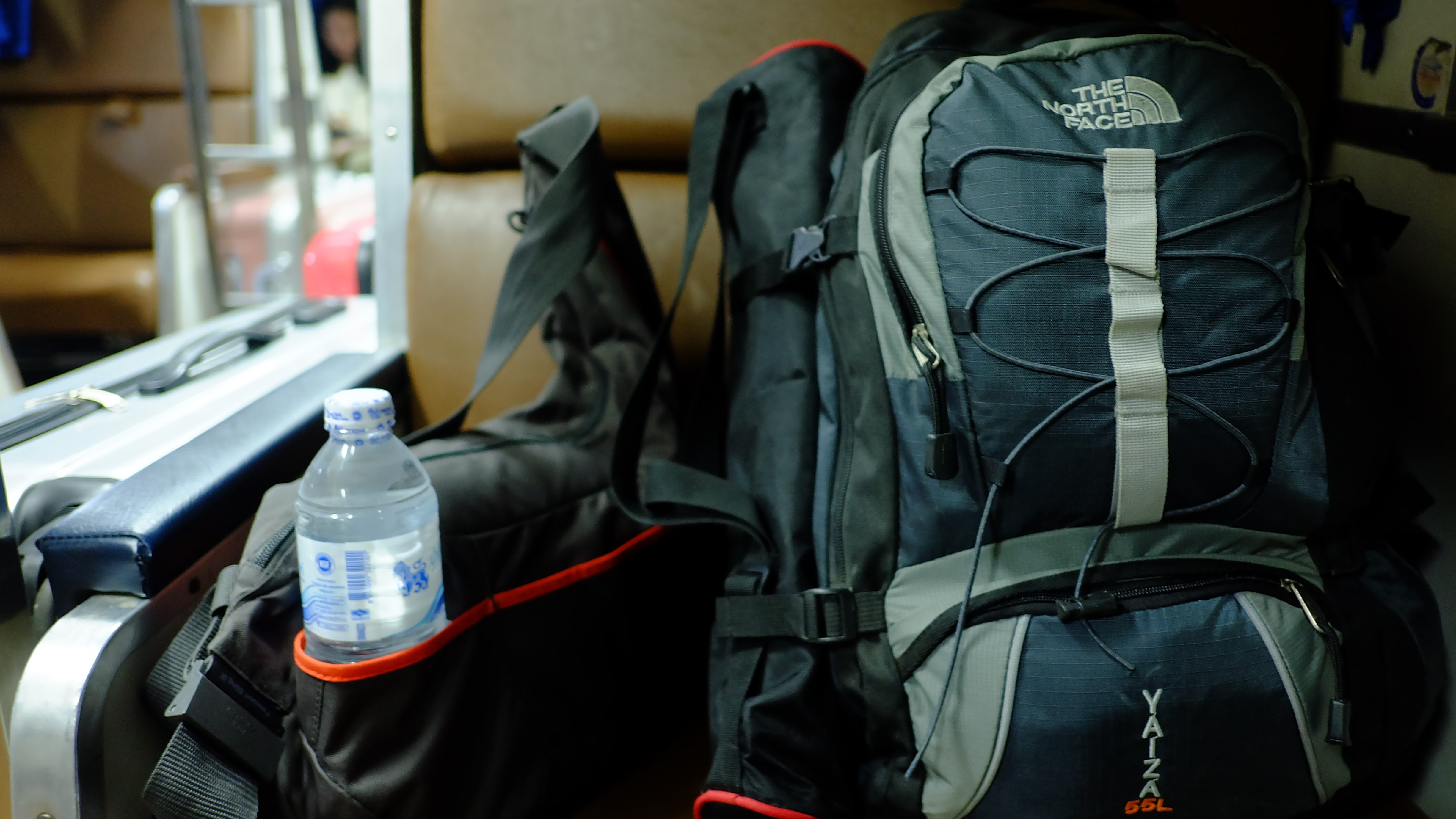The Present
All Stories
“Think defensively about how you can protect yourself from an almost inevitable attack, rather than assuming you’ll avoid harm.”
GPT-3, which features 175 billion parameters, just might fool you in a conversation.
The most technically impressive feats of animation often strike us as eerie instead of impressive, and it’s all thanks to the uncanny valley.
Why does Seattle continue to be a place that nurtures the development of breakthrough technologies but not Minneapolis, Memphis, or Minsk?
Cities overstimulate our senses and are full of people we don’t know. Maybe humans were meant for this.
In 2022, the probe will crash into an asteroid while a nearby satellite captures it on camera.
Universal basic income can secure basic independence for citizens, something which modern states have failed to do, argues author Louise Haagh.
The modern antiracist movement is harming the very people it claims to help, according to the linguist John McWhorter.
In his new book, “The Wires of War: Technology and the Global Struggle for Power,” Jacob Helberg outlines the brewing cyberwar between Western democracies and autocracies like China and Russia.
Employees are quitting at record rates – a trend that shows no signs of stopping.
The belief that lying is rampant in the digital age just doesn’t match the data.
The two-year pilot program will be a test of harm reduction strategies.
It’s about 7.6 million times faster than what you probably have at home.
Daylight saving time was first implemented during the first world war to take advantage of longer daylight hours and save energy. While this made a difference when we heavily relied on coal […]
These studies are only the tip of the iceberg, with adverse consequence of the time change ranging from student test scores to stock market returns.
The creator of the index called it a public utility for accessing the “vast ocean” of human knowledge.
A marketing professional decided to think creatively and create a resume-bot. It helped him land 14 interviews and 11 job offers.
In his new book, “Forward: Notes on the Future of Our Democracy,” former Democratic presidential candidate Andrew Yang explores how media narratives can warp public perception of political candidates.
In an excerpt from her recent book, the behavior geneticist Kathryn Paige Harden carefully explores a topic that’s often considered taboo: how genetics affect life outcomes.
Almost 10% of all new jobs created between 2020 and 2030 will unfortunately be some of the lowest paid.
Solving the supply chain crisis before the global economy tanks is going to require many creative approaches. Flexport’s Ryan Petersen has one that just might work.
William Shatner is going to space because Jeff Bezos loves Star Trek.
Start fighting back against planned obsolescence.
There has been a 600% increase in European gas prices so far in 2021.
After the 2011 Fukushima disaster, it was Germany, not Japan, that cracked down most severely on nuclear power plants.
If you’re looking for work, a new study says having fast internet helps.
In a world without “bullshit jobs,” we would have more hours available to us to learn new skills and to unleash our creative side.
The prize went to three researchers who revolutionized the social sciences by taking advantage of natural experiments.
You may only have a few minutes to prepare.
